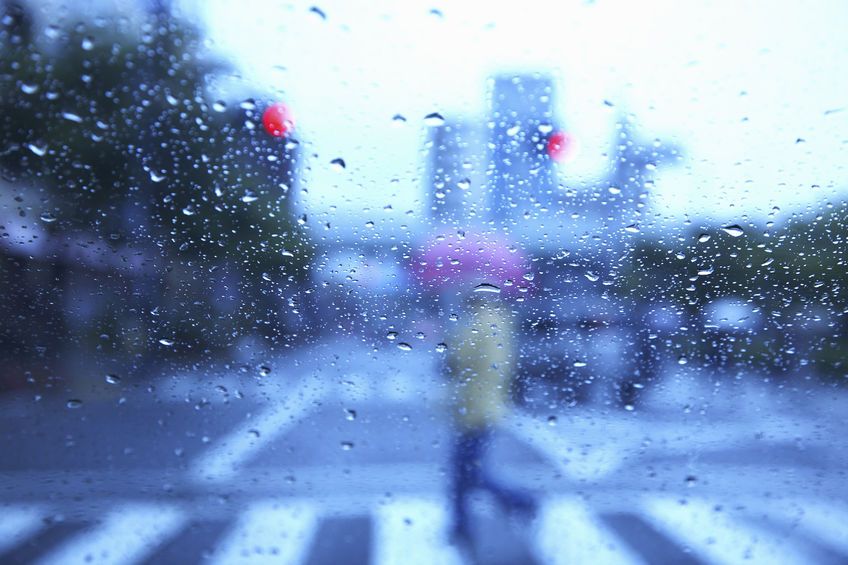
News
Visibility #SeeAndBeSeen
The Department of Transport and Public Works is appealing to road users to exercise caution as the wet and more dangerous road conditions of winter settle in. Shorter, darker days, fog and rain during the Western Cape rainy season hamper visibility and can increase the risk of a crash. Safely Home data show that fatalities tend to peak in the hours around sunset when visibility is at its worst. With Alert Level 3 currently in place, we are seeing more people returning to work which means more people on the roads early in the morning, late in the afternoon, and early in the evening.
Make sure your vehicle is roadworthy, especially your tyres and lights. Driving on the shoulder (in the emergency lane) is dangerous under any circumstances. Driving on the shoulder is illegal during the hours of darkness which are much longer at this time of year. Drivers are responsible for seeing and being seen on our roads. Ensure that all your lights are in working order and that your mirrors and windows are clean and free of cracks.
Pedestrians are responsible for seeing and being seen on our roads. Avoid walking on busy roads when you have been drinking, wear reflective clothing, and carry a light, if possible. Don’t assume that just because you can see an oncoming motorist, the motorist can see you. As long as the COVID-19 pandemic is with us, keep 1.5 metres away from the nearest person, wear a cloth mask, and make sure your nose and mouth are covered.
Travel more slowly when visibility is poor and the roads are wet. Wear visible clothing when you walk next to the road. If you are not seen on the road, you may not see your future.
Join Safely Home on Twitter @WCGovSafelyHome under the hashtag #SeeAndBeSeen
Jandre Bakker
Head of Communication
Department of Transport and Public Works
Email: Jandre.Bakker@westerncape.gov.za


